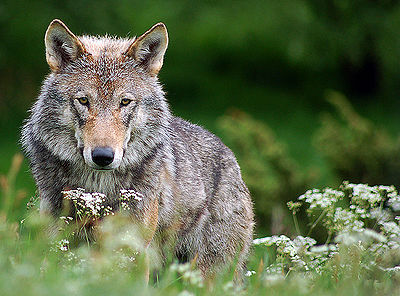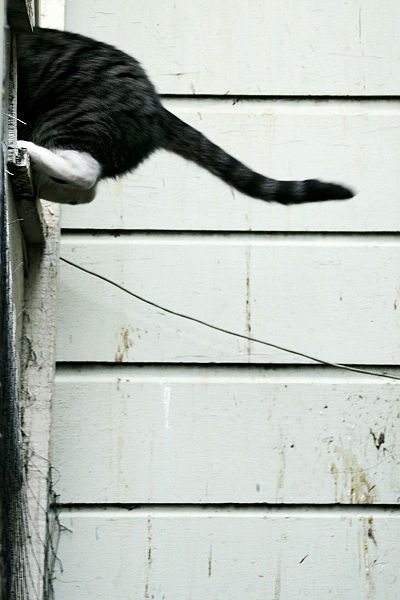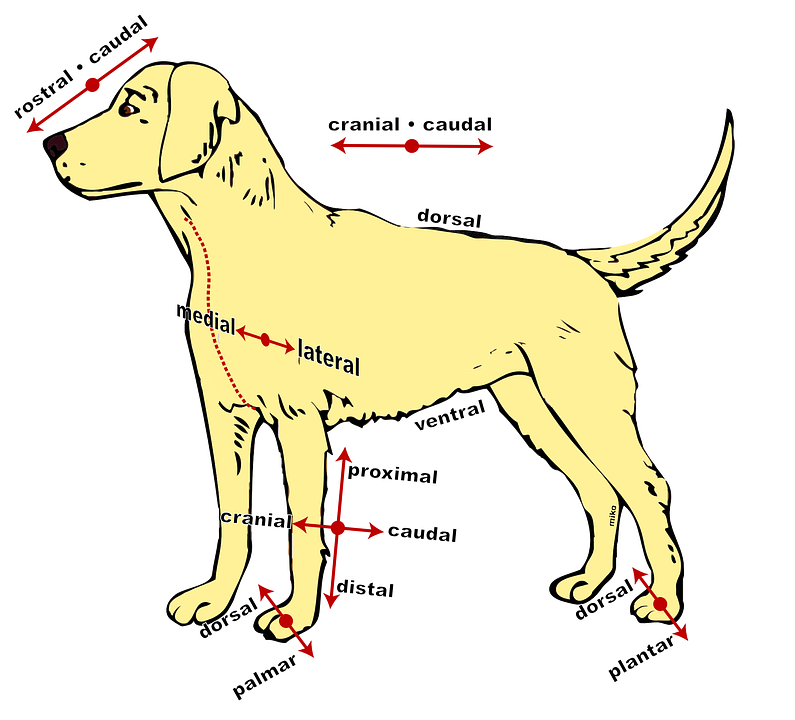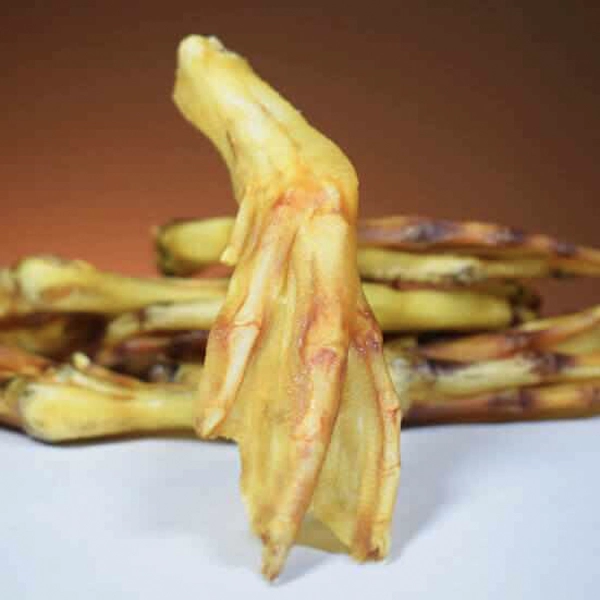How to Keep Flies Away from Horses

Flies are more than just a nuisance to horses; they can cause discomfort, stress, and even transmit diseases. Managing flies effectively is essential for maintaining your horse’s health and comfort. This article explores various strategies to keep flies at bay, combining natural remedies, environmental management, and preventive care.
Why Are Flies a Problem for Horses?

Flies irritate horses by biting and buzzing around sensitive areas such as the eyes, ears, and muzzle. This can lead to:
- Skin infections and sores from constant biting
- Allergic reactions and fly dermatitis
- Spread of diseases like equine infectious anemia and pinkeye
- Increased stress and behavioral issues
Understanding these risks highlights the importance of effective fly control.
Effective Methods to Keep Flies Away

1. Environmental Management
Maintaining a clean and dry environment is crucial. Flies breed in manure, wet bedding, and stagnant water. Regularly:
- Remove manure and soiled bedding
- Ensure proper drainage to avoid standing water
- Use fly traps and sticky ribbons around stables
2. Physical Barriers
Using physical barriers can protect horses directly:
| Barrier Type | Description | Benefits |
|---|---|---|
| Fly Masks | Mesh masks covering eyes and ears | Protects sensitive areas from bites |
| Fly Sheets | Lightweight sheets covering the body | Reduces skin exposure to flies |
| Fly Leg Wraps | Protective wraps for legs | Prevents bites on lower limbs |
3. Topical Repellents and Treatments
Applying fly repellents can provide immediate relief. Options include:
- Natural repellents (e.g., citronella, eucalyptus oil)
- Chemical repellents (DEET-based or permethrin sprays)
- Insecticidal shampoos and sprays
Always follow product instructions and check for skin sensitivity.
4. Biological Control
Introducing natural predators like parasitic wasps can reduce fly populations without chemicals.
Tips for Choosing the Right Fly Control Strategy
- Assess the severity of the fly problem
- Consider your horse’s sensitivity and skin condition
- Combine multiple methods for best results
- Monitor effectiveness and adjust as needed
Frequently Asked Questions (FAQ)
Q1: Are fly masks safe for horses?
Yes, fly masks are designed to be safe and comfortable, allowing horses to see and breathe easily while protecting their eyes and ears.
Q2: How often should I clean my horse’s stable?
Daily removal of manure and wet bedding is recommended to minimize fly breeding grounds.
Q3: Can natural repellents be as effective as chemical ones?
Natural repellents can be effective but may require more frequent application and may not last as long as chemical options.
Q4: What are the signs of fly-related skin problems?
Look for redness, swelling, hair loss, or sores, especially around the face, legs, and belly.
By implementing these strategies, you can significantly reduce the presence of flies around your horses, improving their comfort and health. Consistent care and a combination of methods are key to successful fly control.
